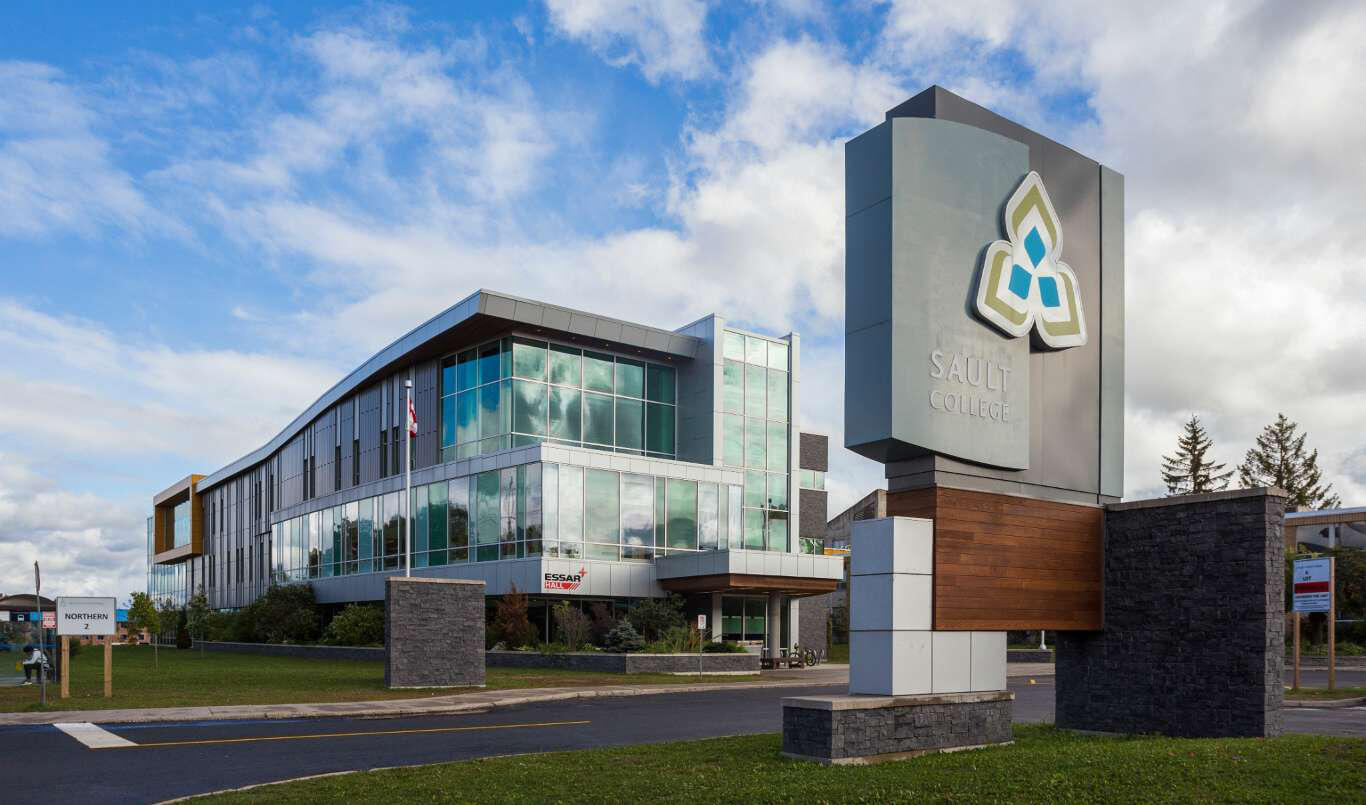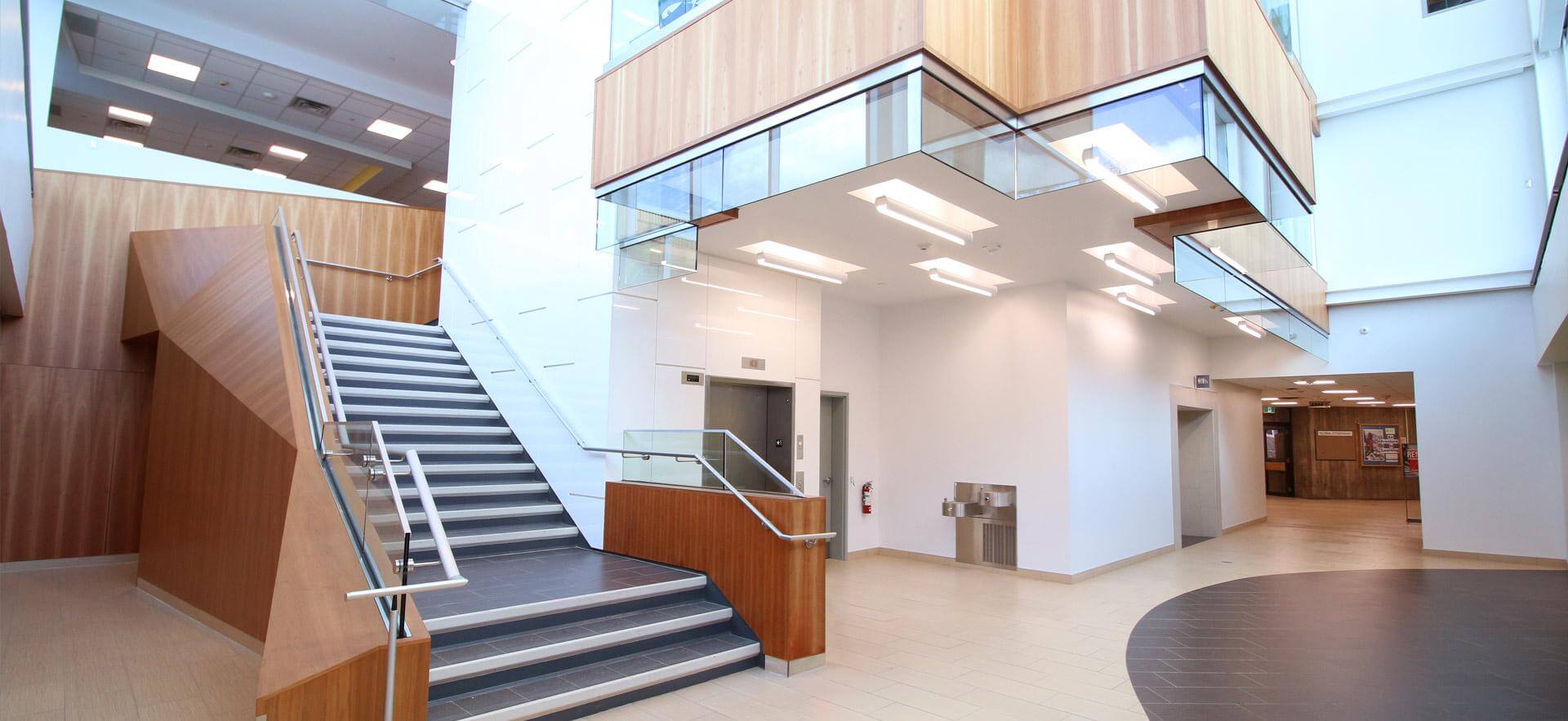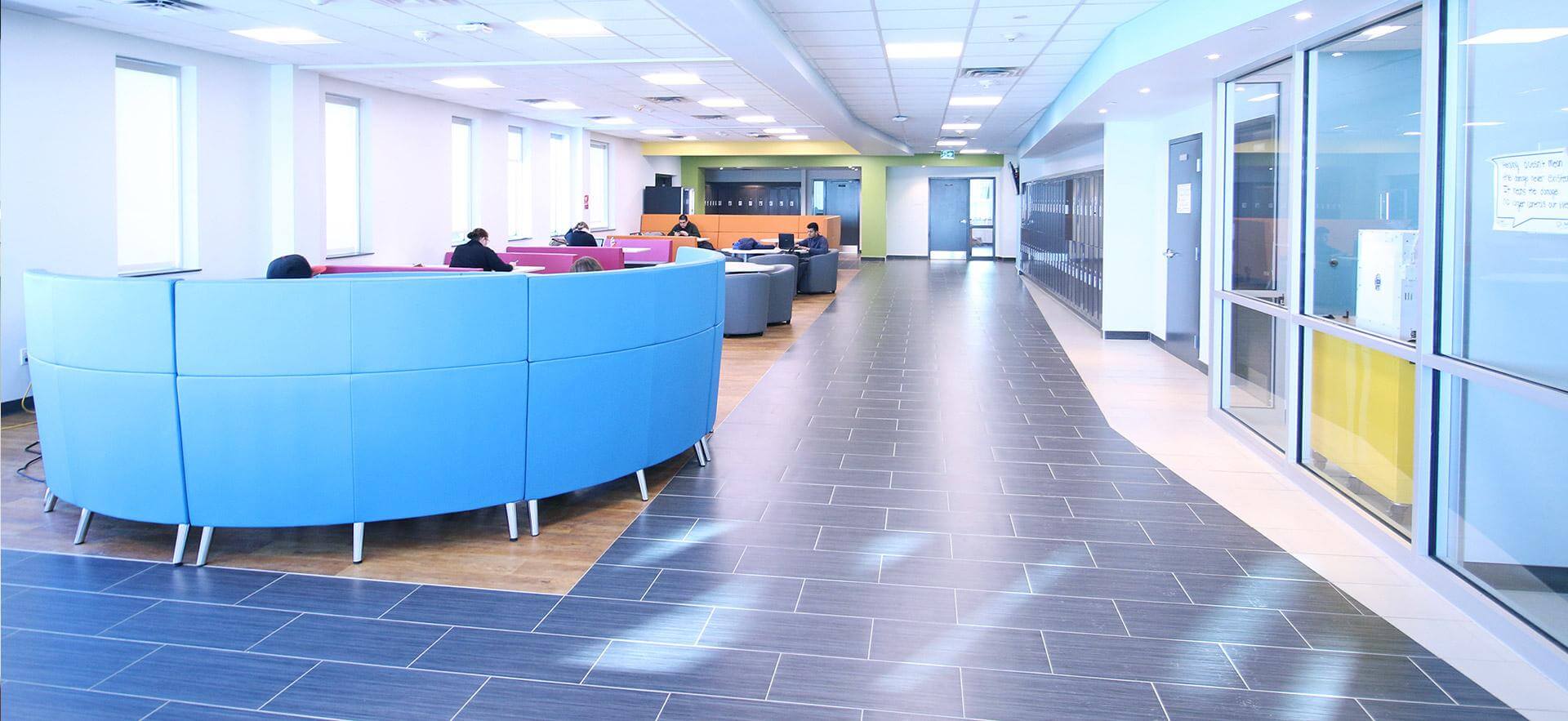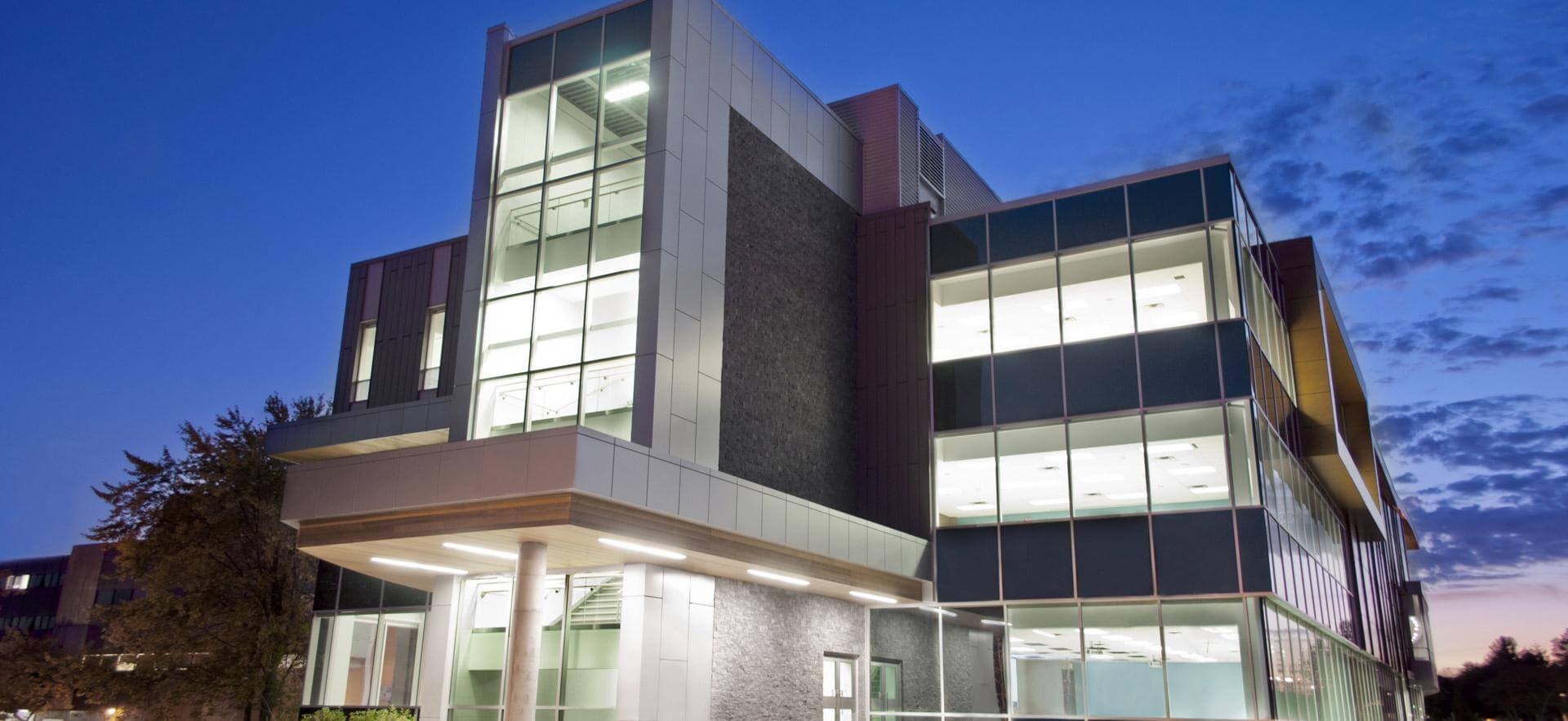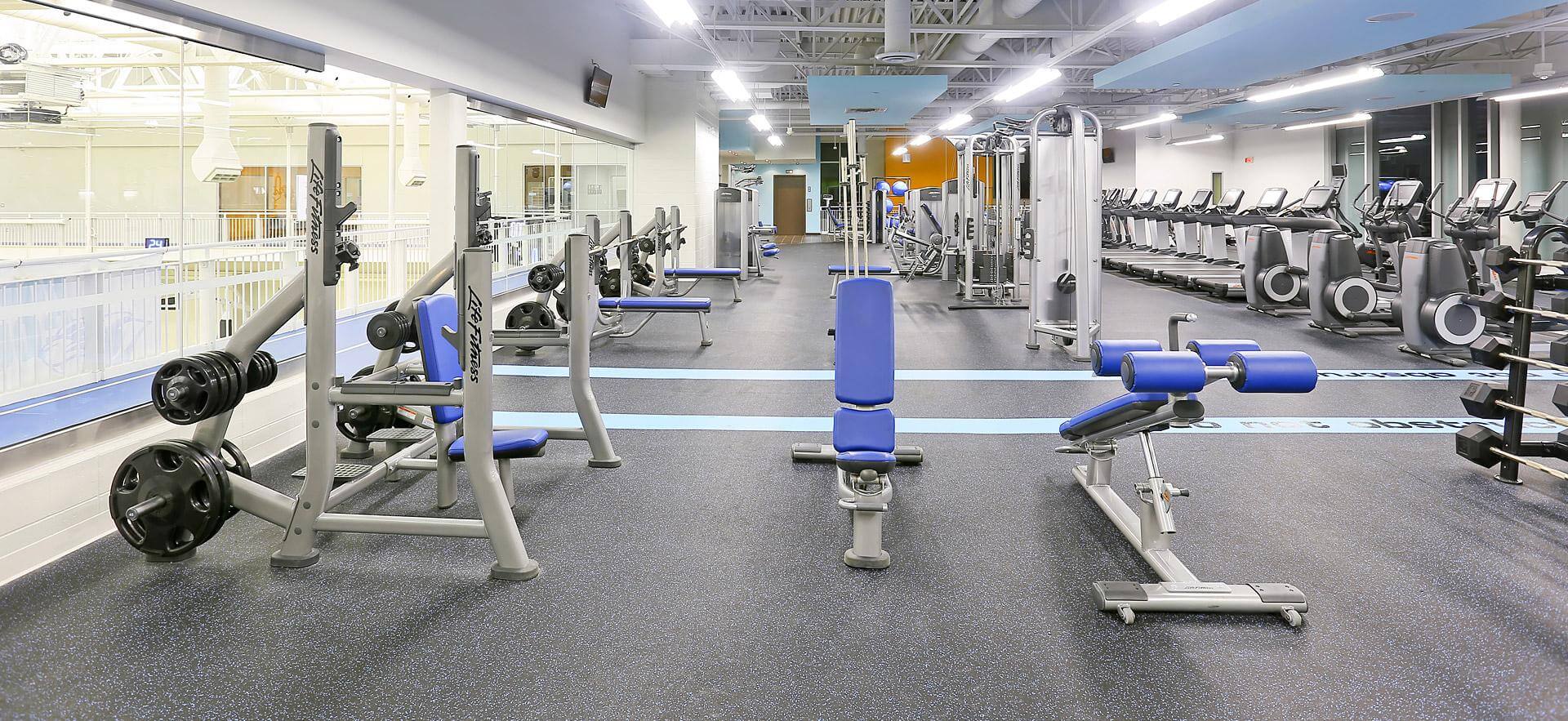The Robotics and Automation program at Sault College is designed to provide students with the knowledge and skills necessary to work in the field of robotics and automation technology. This program focuses on the application of robotics and automation systems in various industries, such as manufacturing, automotive, aerospace, and healthcare. Here are some key aspects of the Robotics and Automation program:
Robotic Systems: Students learn about the design, operation, and programming of robotic systems. They study robotic components, sensors, actuators, and control systems. Students gain hands-on experience in programming and operating industrial robots.
Automation Systems: The program covers the principles of automation and control systems used in various industries. Students learn about programmable logic controllers (PLCs), human-machine interfaces (HMIs), and industrial communication protocols. They develop skills in designing and troubleshooting automation systems.
Industrial Applications: Students explore the applications of robotics and automation in industrial settings. They learn how robots and automation technologies are used for tasks such as material handling, assembly, welding, and inspection. Students gain an understanding of the benefits and challenges of implementing robotics and automation solutions in industry.
Robot Programming: The program focuses on robot programming languages and software used in the industry. Students learn how to program robots to perform specific tasks, optimize performance, and troubleshoot programming issues.
Safety and Maintenance: Students gain knowledge of safety protocols and standards related to working with robotic systems. They learn about risk assessment, safety features, and emergency stop procedures. Additionally, students learn preventive maintenance and troubleshooting techniques for robotic and automation systems.
Mechatronics: The program covers mechatronics principles, which integrate mechanical, electrical, and computer engineering. Students learn about the integration of sensors, actuators, and control systems in mechatronic systems. They gain skills in designing and troubleshooting mechatronic systems.
Industry Practices and Trends: The Robotics and Automation program emphasizes industry practices, emerging trends, and technological advancements in the field. Students stay updated with the latest developments in robotics, automation, and related technologies through guest lectures, industry visits, and hands-on projects.
Cooperative Education (Co-op): Some programs at Sault College, including Robotics and Automation, may offer co-op opportunities. Co-op allows students to gain practical work experience in industry settings related to their field of study. This provides valuable hands-on experience and networking opportunities.
Show less 